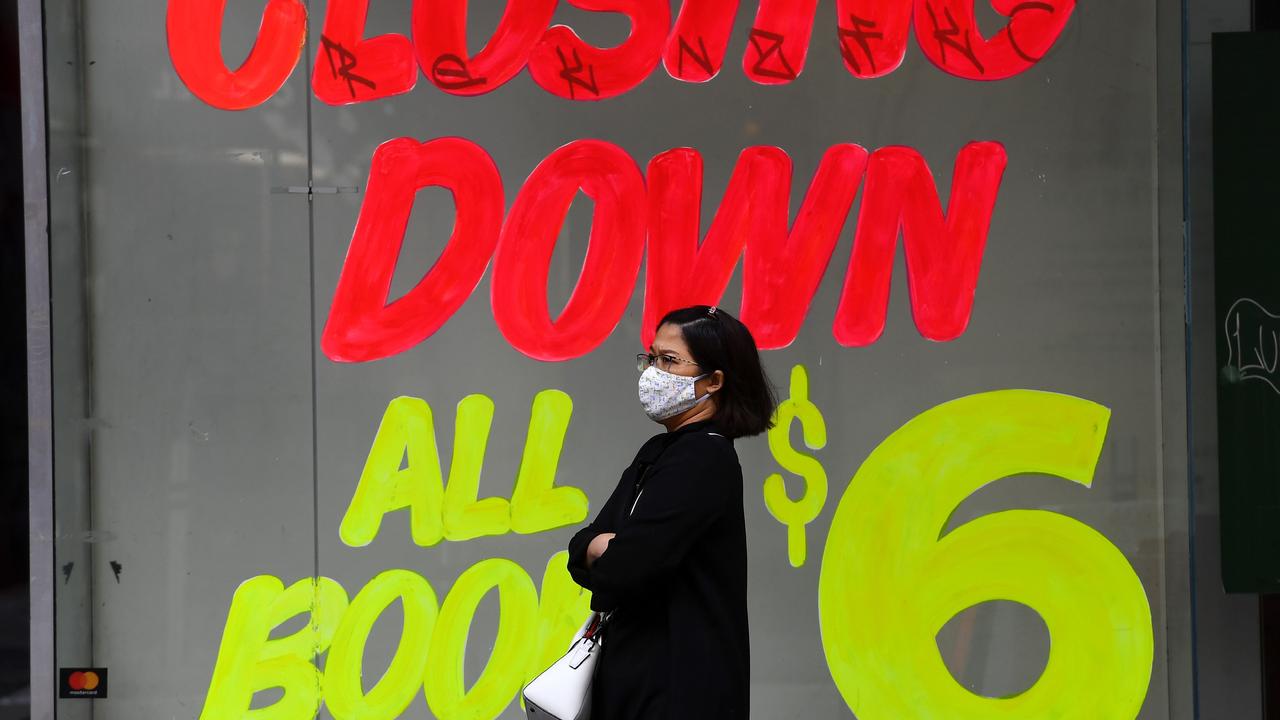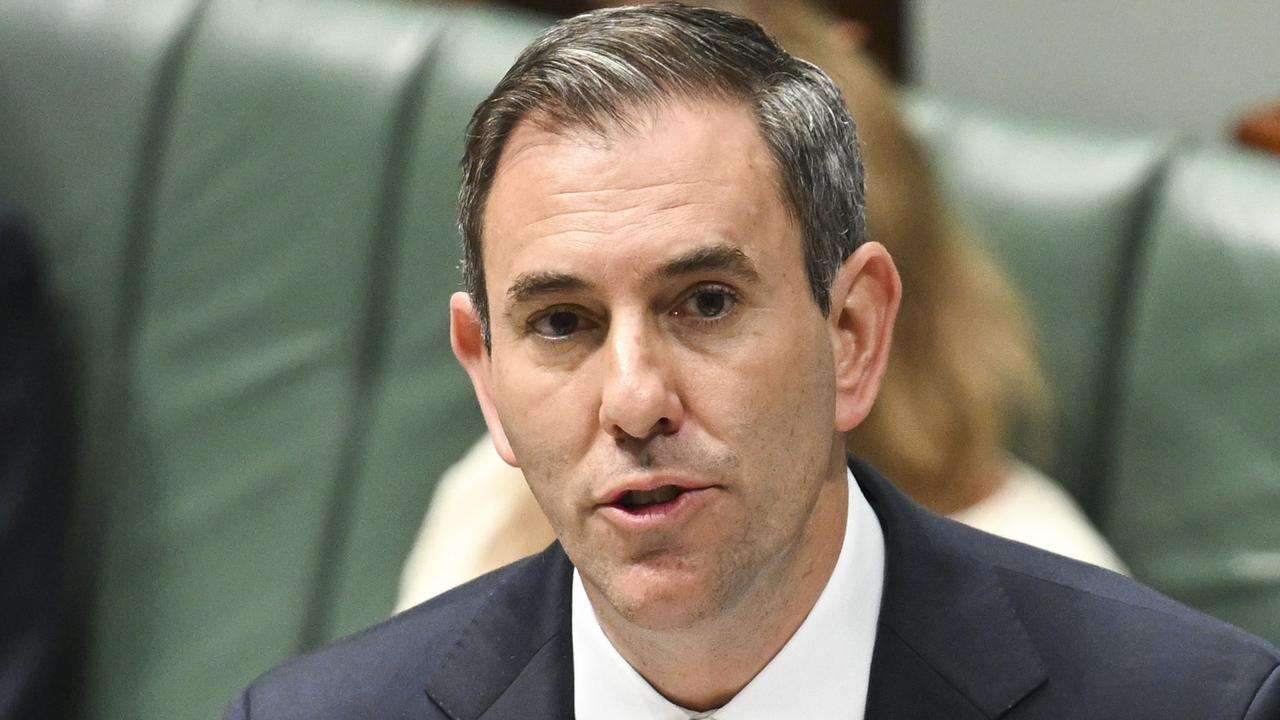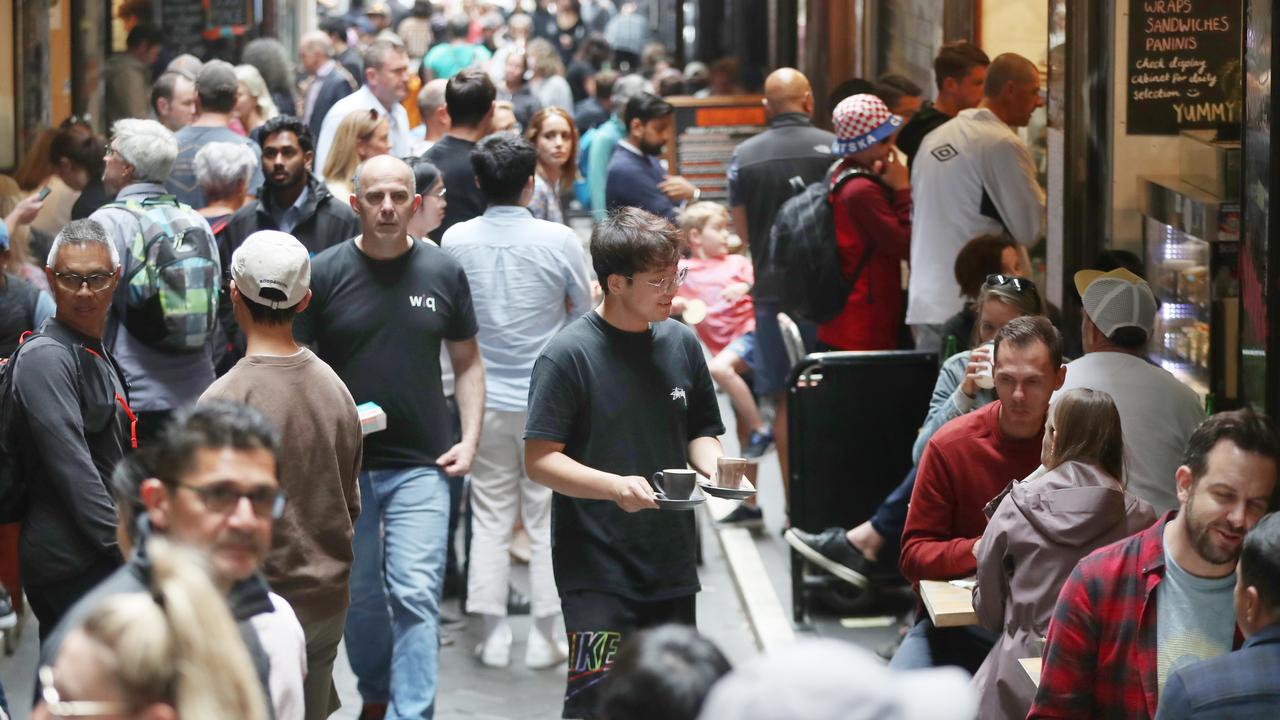Economic recession will cost young Australians $32,000, study finds
A new report reveals a swift economic recovery will still land a significant financial blow to Australians and struggling to afford their first home.

Many hopeful Australians believe the nation’s first recession in nearly 30 years will be harsh but short due to it being caused by a relatively temporary health crisis.
But new research suggests the younger generation of workers will be carrying the burden of the coronavirus crisis for many years to come, costing this demographic more than $7 billion in wage loss over the next decade.
Those aged 21 entering the workforce now will miss out on an average of $32,000 of income growth, which will result in $22,000 less to spend on a house and a $30,000 dent to their retirement fund, according to Ernst and Young (EY) analysis.
But those figures swell for higher paying positions for those with a university degree in law or engineering, whose income will be $46,000 and $44,000 worse off respectively by 2030.
RELATED: Young Australians most vulnerable in a recession
RELATED: ‘Worst recession since Great Depression’
“Australia’s first recession in close to 30 years will be felt by all age groups with most of the country’s workforce having never worked during a recession,” EY chief economist Jo Masters said.
She called on the youngest professional generation to be proactive in their career progression as well as improving their financial literacy to maximise their savings with whatever income earned.

This is particularly vital during this upcoming period because up to 90 per cent of income growth occurs during the first 10 years of employment, according to data from the Australian Bureau of Statistics and information from the US National Bureau of Economic Research.
“For young Australians who are facing lower job opportunities in subdued economic conditions, upskilling via short courses, improving financial literacy and exploring jobs that present the opportunity to improve jobs skill match or boost income, and ensuring a proactive savings plan, are steps that will help them to overcome the economic challenges,” Ms Masters said.

The leading financial firm’s chief economist also said business and government policy will play a significant role to ensure this group is afforded the same economic growth of generations before them.
“Workforce behaviours and expectations will change – employers will need to be more flexible on expectations about years worked in a job and there should be greater value placed on other sector experience,” she said.
“Strategies around talent retention will be crucial, along with workforce planning and mapping skills to future roles.
“The Government is already pivoting from immediate support during the lockdown phase towards policies to underpin sustainable economic growth and job opportunity.
“While there is a role to support those facing into an economy in transition, proactive policy will also be needed to encourage job creation, assist with skill matching and supporting proactivity through financial literacy.”
HOW DOES YOUR INCOME GROWTH TRAJECTORY COMPARE?
• Charlie, 19, construction tradesman in Sydney
Lost income over 10 year period: $27,000
Retirement shortfall: $28,000
Less to spend on a home: $19,000
• Liam, 18, hospitality worker in Queensland
Lost income over 10 year period: $16,000
Retirement shortfall: $18,000
Less to spend on a home: $14,000
• Penny, 18, personal assistant in Perth
Lost income over 10 year period: $26,000
Retirement shortfall: $29,000
Less to spend on a home: $18,000
• Jacob, 22, engineer in Melbourne
Lost income over 10 year period: $44,000
Worse off at retirement by: $39,000
Less to spend on a home: $29,000
• Hannah, 21, marketing executive in Sydney
Lost income over 10 year period: $33,000
Retirement shortfall: $31,000
Less to spend on a home: $22,000
• Chloe, 23, law graduate in Melbourne
Lost income over 10 year period: $46,000
Retirement shortfall: $38,000
Less to spend on a home: $31,000




